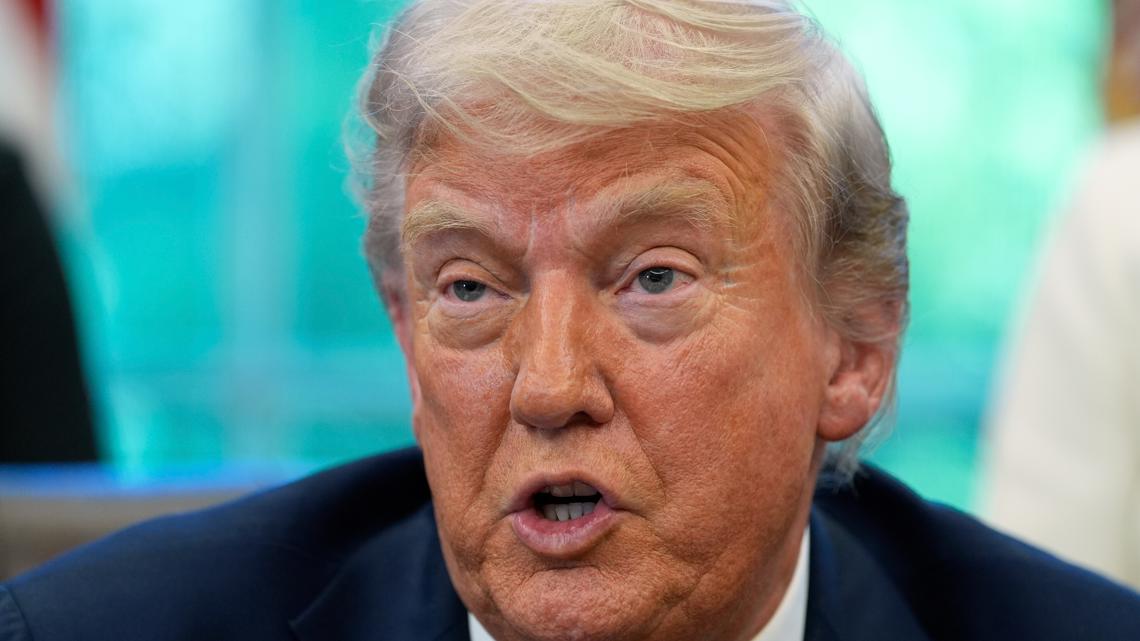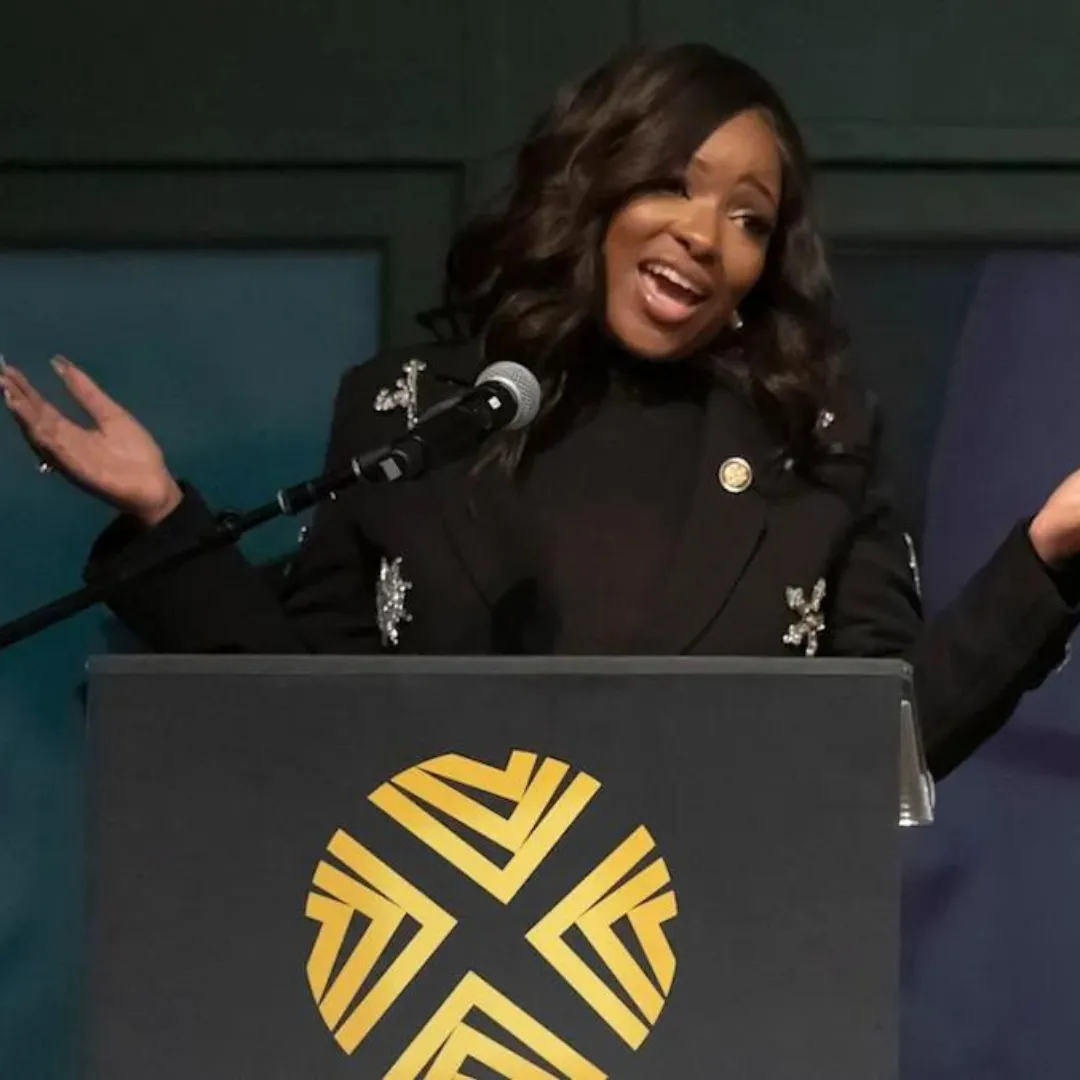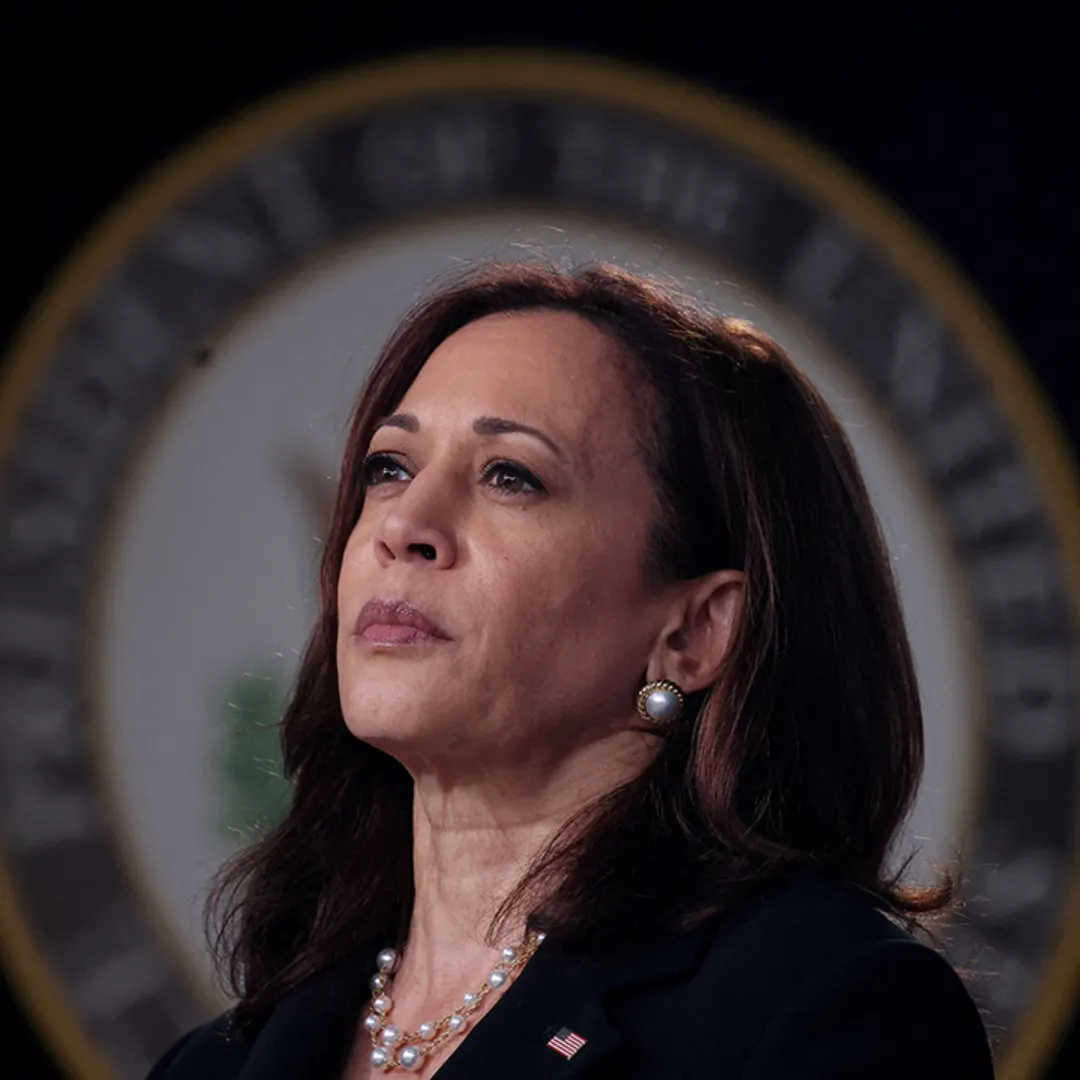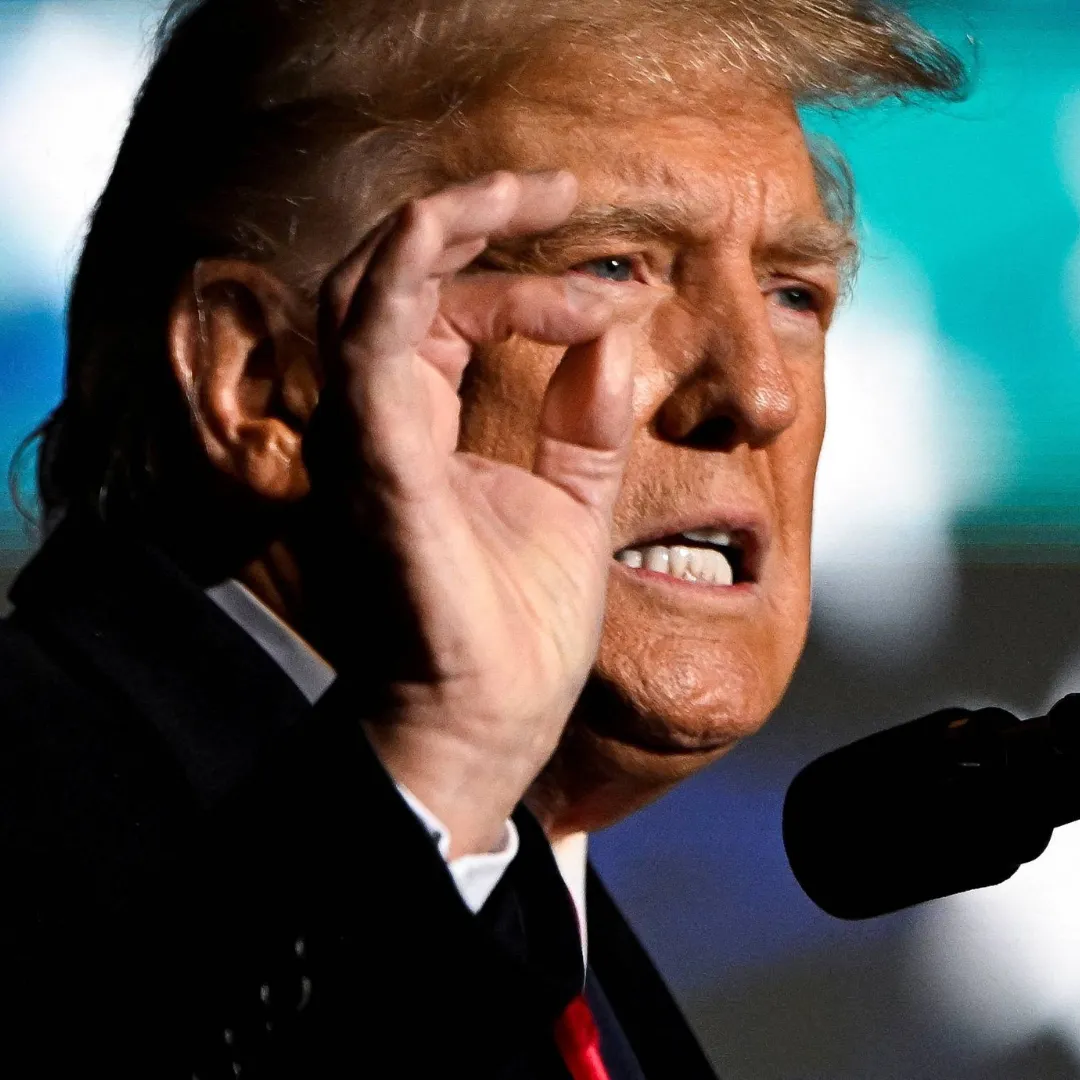As President Donald Trump’s second term passes the 100-day milestone, many Americans are expressing deep skepticism over the direction of his administration, with even some Republicans questioning whether the president has been focused on the right issues.
According to a recent nationwide survey, Americans are nearly twice as likely to say Trump has been focusing on the wrong priorities as to say he has been addressing the right ones.
The survey, conducted by The Associated Press-NORC Center for Public Affairs Research, paints a picture of a deeply divided electorate, with partisan loyalty intact but enthusiasm waning among some Republican voters. Meanwhile, Democratic dissatisfaction has only intensified since Trump was sworn in for his second term on January 20.
The poll found that about four in ten Americans rate Trump’s performance so far as “terrible,” with an additional one in ten calling it “poor.” In contrast, only around three in ten say he has been a “good” or “great” president, and just under two in ten consider his presidency “average” so far.
Perhaps more striking is the lack of surprise many Americans feel about the way the second Trump term has begun. About seven in ten adults said the first few months have gone mostly as they expected, while only three in ten described Trump’s actions as mostly unexpected.
But familiarity has not translated into comfort. For many, these 100 days have reinforced fears about the direction of the presidency and the tone of national leadership.
Democrats appear to be growing even more frustrated than they were before Trump began his second term. About three-quarters of Democratic respondents said Trump is focused on the wrong topics, and approximately seven in ten labeled him a “terrible” president so far.
That represents a jump from January, when about six in ten expected that outcome. Rahsaan Henderson, a Democrat from California, offered a grim reflection on the early days of the new term.
"It has been one of the longest 100 days I’ve ever had to sit through," Henderson said. "I think the next four years will be a test of seeing who can resist the most and continue defying whatever he’s trying to do, since he defies everything, including the Supreme Court."
Though Trump maintains strong support among Republicans, the poll suggests cracks are forming beneath the surface. About seven in ten Republican respondents rated Trump’s second-term performance so far as at least “good,” but only about half believe he has mostly focused on the right priorities.
Around a quarter of Republicans said his focus has been a mixed bag, and roughly one in ten said he has emphasized the wrong things altogether.
Some Republicans defended Trump’s approach, even if they disagreed with some specific policies.
"He’s really doing the stuff that he said he was going to do," said Tanner Bergstrom, a 29-year-old Republican from Minnesota. "He’s not making a bunch of promises and getting into office and nothing happens. I really like that. Even if it’s some stuff I don’t agree with, it’s still doing what he said he was going to do."
That sense of follow-through resonates with parts of the Republican base. However, the survey shows that some Trump voters are struggling to reconcile their support for him with dissatisfaction about particular actions or areas of focus.
Stephanie Melnyk, 45, a Republican from Tennessee, continues to support Trump overall but expressed concern about his handling of foreign affairs, particularly the ongoing war in Ukraine. Melnyk’s family emigrated from Ukraine, and she fears Trump’s approach is overly simplistic.
"He is trying for a quick fix that’s not going to last," she said. "Putin is not to be trusted." Melnyk, who voted for Trump largely because of his stance on immigration, added that she wished the president would communicate in a more disciplined manner.

"He sounds like he can be very condescending, and it sounds like my way or the highway," she said. "It’s like, dude. You’re not 12."
The survey also explored Trump’s approval ratings on specific issues. Immigration remains a relative strength for the president. About 46 percent of U.S. adults approve of how he is handling immigration, slightly higher than his overall approval rating, which sits at around four in ten.
Approval ratings for Trump’s handling of trade, foreign policy, and the economy are notably lower. On each of these issues, only about four in ten Americans approve of his performance. Even within the Republican base, there is less enthusiasm for Trump's approach to trade and the economy compared to immigration.
The Department of Government Efficiency, known as DOGE, has become a focal point of Republican praise. The cost-cutting initiative, spearheaded by billionaire adviser Elon Musk, is popular among conservatives who see it as an effort to reduce bureaucracy and rein in federal spending.
"Overall, I would have to say that I’m happy with the Trump presidency," said Matthew Spencer, 30, a Republican from Texas. "I think that the Department of Government Efficiency has made great strides in reducing our spending, and I also agree with putting America first. I agree with the policies he’s put in as far as border protection and America standing for itself again as far as the tariffs."
Carlos Guevara, a 46-year-old Republican in Florida, echoed that sentiment. While acknowledging short-term economic disruption from tariffs, he expressed faith in their long-term impact.
"If that does encourage businesses to start manufacturing here," he said, "then that’ll wash out over time."
Still, concerns persist, especially among independents and moderate Republicans who have grown more critical of Trump’s leadership style and policy decisions.

Since January, the share of Republicans who say Trump has been a “good” or better president has declined by about ten percentage points. The number who say he has been “poor” or “terrible” has increased slightly, although that group still represents a small minority within the party.
Among Democrats, the mood is decidedly more pessimistic. The vast majority oppose Trump’s direction on issues like tariffs and deportations. Many have also lost confidence in the administration’s ability to manage the economy.
Gabriel Antonucci, a 26-year-old Democrat who recently moved to South Carolina, said Trump’s second term has exceeded his worst expectations.
"It really seems like he is doing everything he can to make the wrong decisions," Antonucci said. "Things are probably going to be worse in four years than they are right now."
Even Vice President JD Vance, who is relatively new to the national stage, has drawn mixed reactions. About one-third of Americans have a favorable view of Vance. Among Republicans, about seven in ten view him positively, roughly matching Trump’s standing within the party.
Despite ongoing criticism, Trump remains a dominant force in American politics. His support among Republicans remains solid, and he continues to pursue his vision with relentless energy. Yet the poll suggests that Americans across the political spectrum are beginning to question whether that vision aligns with the country’s most pressing needs.
Some of the skepticism may reflect the natural arc of presidential approval. Historically, a president’s popularity is at its peak before taking office, when voters project their hopes and expectations onto the incoming administration. Once governing begins and hard decisions must be made, approval ratings often dip as reality sets in.
However, Trump’s second term appears to be marked by more than just the standard disillusionment. His rapid pace, unorthodox style, and polarizing decisions have generated fresh waves of political anxiety, especially among those who hoped the second term might bring greater stability or a shift in tone.
Instead, the early days have brought executive orders, tariff escalations, immigration crackdowns, and growing international tensions. And while Trump’s most loyal supporters remain enthusiastic, others are beginning to ask whether the president is truly focused on the challenges that matter most.
With nearly four years remaining in his second term, Trump has time to recover public confidence. But the road ahead may be more difficult than the one behind him. Americans are watching closely, and for many, the first 100 days have raised more questions than answers.






